What is a digital sales room?
A digital sales room is a secure, shared space for sellers to inform, interact and negotiate with buyers. Also known as a dealroom, it is a branded, living resource for interactive sales collateral: from proposals, to case studies and testimonials, white papers, and even personalized introduction videos. With a digital sales room, buyers can access and engage with sellers' content via a single, shareable link.
Digital sales rooms give buyers a streamlined and convenient purchasing experience in a secure microsite or digital resource. DSRs also empower sales professionals by providing real-time insights into buyer behavior, including changes to proposals, additions of new stakeholders, and performance of sales collateral.
Stats about digital sales rooms
of B2B sales tech implementation will include digital sales rooms by 2025.
of a b2b customer's buying journey is spent meeting with suppliers.
Why use a digital sales room
Buying has changed; sales needs to as well. With 80% of all sales interactions happening in digital channels by 2025 (gartner), sales and revenue teams need to align their sales process with ever-changing and increasingly complex buyer journeys.
Shorter sales cycles
Sellers spend too much time on manual admin tasks. From finding the right content, drafting proposals, managing follow ups, putting a pricing structure together all the way to collecting a signed contract: digital sales rooms removes the friction to increase your sales velocity.
Unique buyer experience
Centralize all your customer-facing content and interactions in one shared space, to make them easily accessible to all stakeholders involved throughout the deal cycle. Eliminate the clunky email threads and create a wow factor that increases win-rates.
Personalization at scale
The buyer journey may be a digital maze, but at the end of the day, people still buy from people. Video introductions, on-the-go chats, GIFs... Seamlessly integrate your touch throughout the process to make your personality shine through.How a digital sales room aligns with the sales cycle
-
Seller
Create a personalized digital sales room and start adding content.
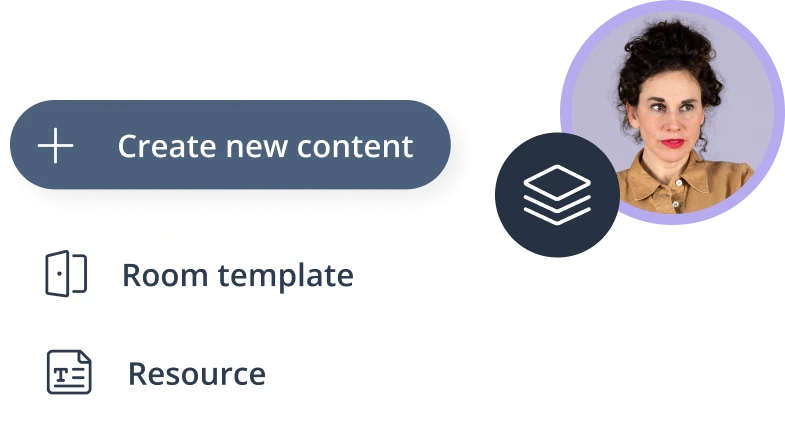
Buyer
Get one link live for the full deal cycle.
 1
1Identify an opportunity
-
Seller
Understand your prospects and identify all stakeholders.
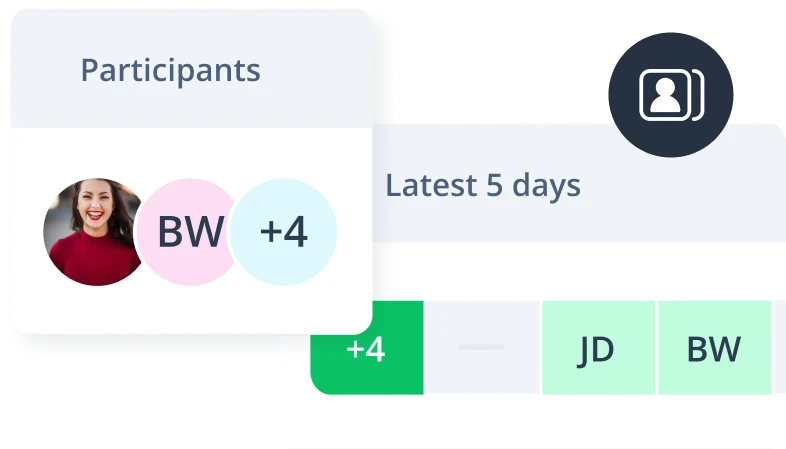
Buyer
Commit to moving the deal forward via a mutual action plan.
 2
2Follow up on the discovery
-
Seller
Build a quote in minutes with CPQ and automate your reminders.
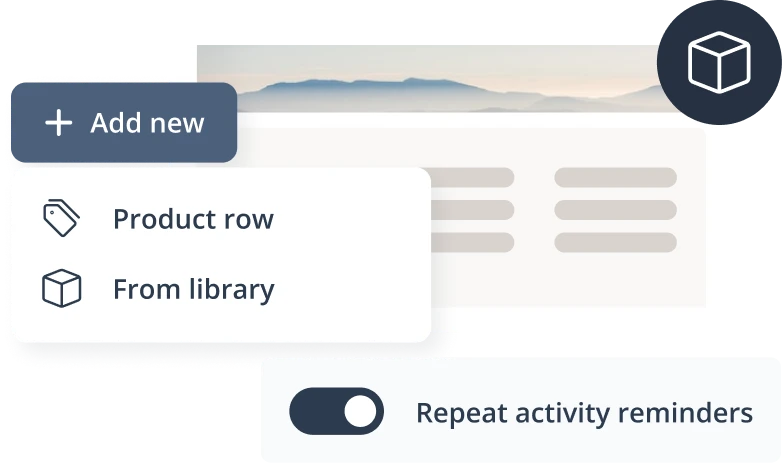
Buyer
Invite relevant stakeholders to the room to facilitate decision-making.
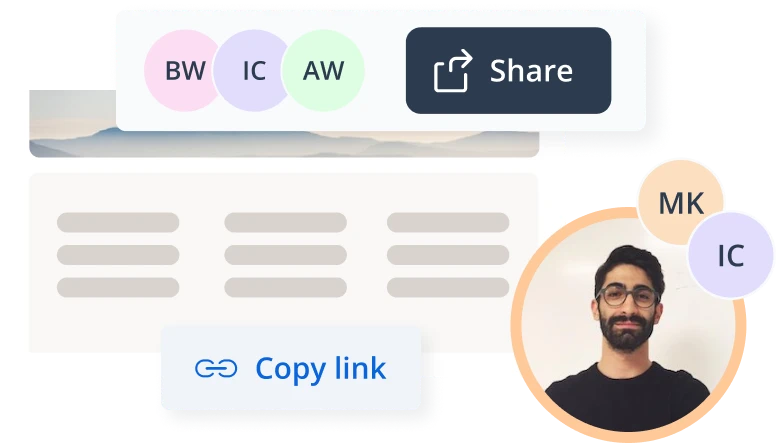 3
3Build the proposal
-
Seller
Edit the proposal after send to avoid emailing different versions.
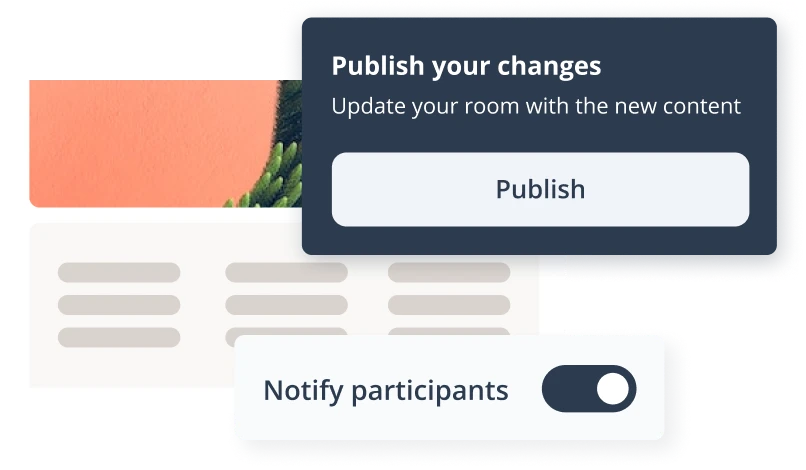
Buyer
Redline the proposal and chat with the seller to request changes.
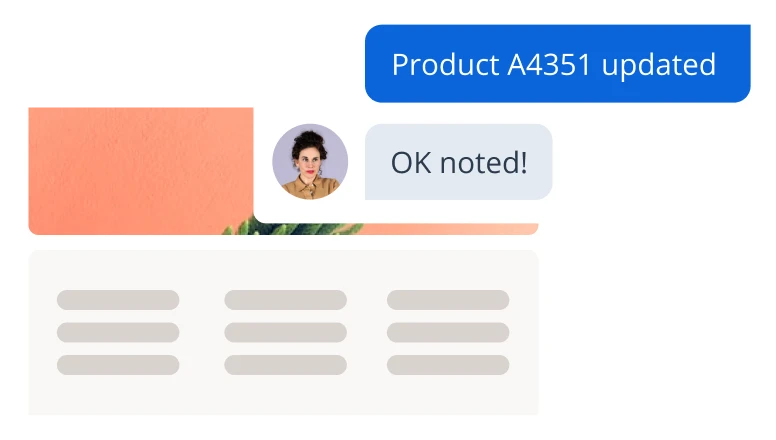 4
4Negotiate the best price
-
Seller
Set a secure signing order for multiple approvers and signers.
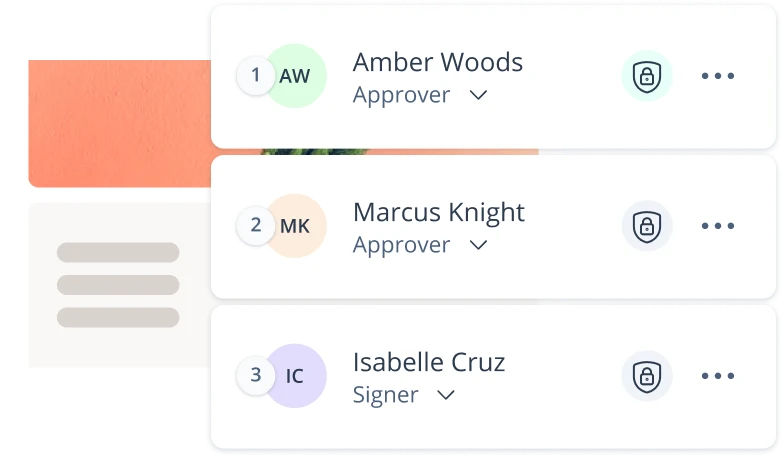
Buyer
Sign the contract from anywhere and at anytime, eIDAS-compliant.
 5
5Close the deal
Key benefits of a digital sales room
Live link access
Your shared space is accessible via a link. Share that link to your buyers on any channel (email, SMS, WhatsApp, dm on LinkedIn...) to guarantee easy access to your dealroom.
Track buyer engagement
Track in real-time how and when buyers consume your content so you can act upon their interaction straight away. You'll also know what content impacts a deal.
Collaborate with stakeholders
Chat live with your buyers , comment on the proposal, define success through a mutual action plan, and let prospects easily add missing decision makers into the room.
Share the right content
Easily search and find the right templates in the content library to share the latest case studies, presentations, or video testimonials that will push the deal forward.
Using engagement features like video, chat, and automatic reminders increases win rates by 51%
Let’s stay in touch!
Subscribe to GetAccept’s monthly newsletter packed with sales trends and tips, product releases, invitations to special events and webinars — and more! Zero spam. Unsubscribe at any time.
Does it work from a CRM?
Short answer: yes. It would not be an efficient sales tools if reps had to toggle between their CRM and the digital sales room platform to run a smooth sales process. Let's explore how a deal room impacts a revenue team.
For sales reps
They can operate a full sales cycle when integrating a digital sales room into their CRM environment, from creating a room using templates, syncing data fields via merge tags from their CRM to the room itself, tracking prospect interaction, all the way to creating a quote and get the deal signed.
For sales enablement
Sales enablement leaders can create templates of proposals and sales collateral in the digital sales room platform and ensure they are all up-to-date. Reps can then easily find them from the CRM environment and share the most relevant content to their prospects.
For revenue operations
Revenue operations, or sales operations leaders, can ensure reps follow a painless sales process directly from their CRM environment. They can further reduce inefficiencies by automating tasks from a digital sales room to their preferred sales tools.
For sales leaders
Sales leaders can combine their CRM sales pipeline with real-time insights from a digital sales room to better coach reps on closing deals and to create a more repeatable sales process to meet quota.


